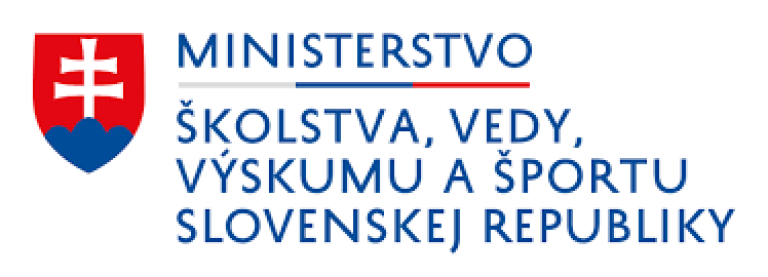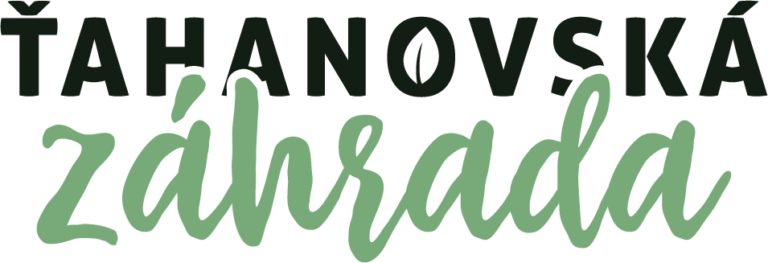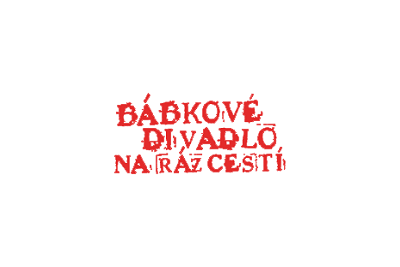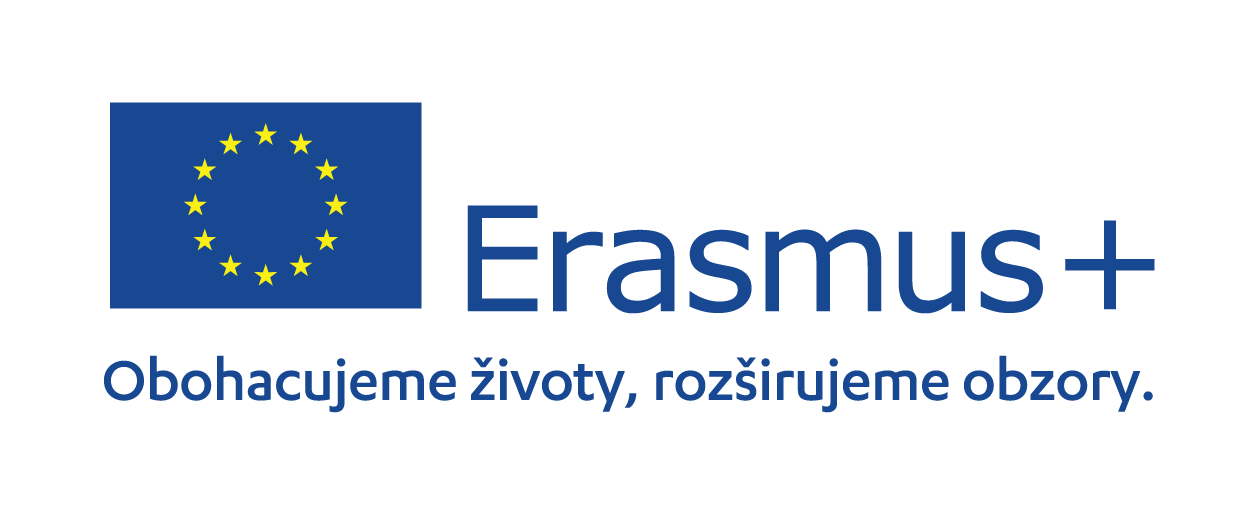Research
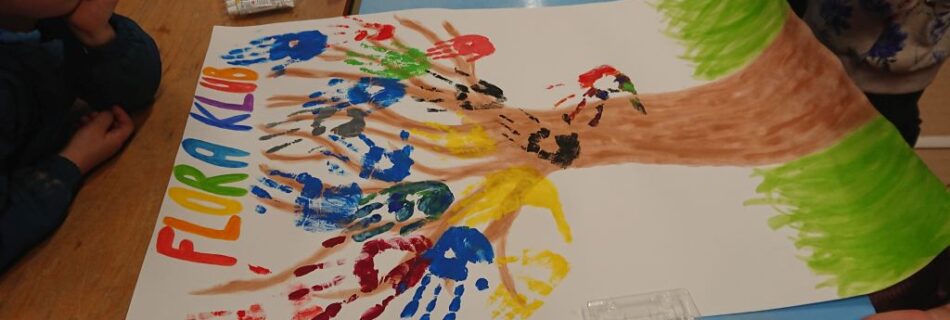
Our school is approved by the Ministry of Education and operates under the same financial, hygienic and organizational conditions as a normal school. Our school offers education programmes ISCED1 (6-11y) and ISCED2 (11-15y). We issue certificates for both full-time and homeschool students.
Financing has multiple sources: the state budget (as any other school), from parents‘ payments, donations, assigned tax. We also provide a barrier-free space for children who „don’t fit into the system“, maybe (would) be rejected, stigmatized, misunderstood, etc. We also consider the integration / inclusion of children with special educational needs to be beneficial for both parties. In the academic year 2024/2025 we have 44 daily students (included into experimental study) and more than 700 homeschoolers, aged 6-16. Of them 130 children with diagnosed special needs and dozens of undiagnosed / short-term problems (mental health, divorce of parents, undiagnosable, not yet diagnosed etc.) We are the fastest growing primary school in Slovakia.
We are the only legal democratic elementary school in Slovakia. Our goal is to educate and shape our children into confident and responsible adults using the Summerhill model. Children can learn the best when we let their imagination flourish. Our inspiration comes from foreign schools Summerhill/Sudbury which function in this way for many years with great success. Two basic pillars of the functioning of our school: self-directed education and democratic self-government.
Our elementary school offers students the opportunity to make decisions on the most of the time, which they spend at school. Self-governing management of the school by direct democracy, i.e. every member of the community has one equivalent vote: every pupil and every adult employee. Activities are carried out in age-mixed groups of students aged from 5 to 16 years without restrictions, based on individual preference and interests. We offer online support groups especially for parents and online language education and other activities.
This type of democratic education in Slovakia is illegal. Legal exceptions are allowed due to the research we are running under supervision of an independent university (Faculty of Pedagogy, University of Constantine the Philosopher, Nitra, Slovakia).
Experimental studyThe aim of the experimental study, with mixed qualitative and quantitative design, is to verify the applicability of democratic, self-directed education on the comprehensive development of the child. Study is planned for 2021 – 2030.
Research MethodologyThis study employs a mixed-methods approach, combining both quantitative and qualitative research methodologies to provide a comprehensive understanding of students specific aspect, e.g., academic performance, social-emotional development.
HypothesesStudents of democratic school (1) achieve a comparable level of knowledge (connected to regular subjects at school) as students of system schools; (2) achieve a higher level of creativity and divergent thinking as students of system schools; (3) achieve a higher level of emotional intelligence as students of system schools
Contextual variables in the studyDevelopment of communication and social-interactional competences, assertiveness, presentation and argumentation skills, inclusion, socialization, social climate, mental health and psychological well-being at school, impact of democratic education on the process of learning, behavior, attention and activity disorders; We assume that pupils at our school will have higher levels of these variables compared to students of system schools.
Qualitative data
- Qualitative observation of an individual,
- students´portfolio,
- case reports on students,
- interview with student and parent,
- parental report including its multimedia parts (video, photo, recordings, programs, etc.),
- professional reports (psychodiagnostics, doctors and specialists of various specialties),
- qualitative evaluation of community administration and selfadministration.
Our qualitative approach seeks to explore the underlying mechanisms of free democratic education and determine how its various components facilitate student development in cognitive, social-emotional, and creative domains.
Quantitative study
- Standardized external evaluation tests, “Testovanie 9”, Komparo,
- psychodiagnostic tests: Torrance test of creative thinking, Trait Emotional Intelligence Questionnaire – TEIQUE,
- anamnestic questionnaire,
- questionnaire at student registration,
- self-assessment questionnaire, parent assessment questionnaire, both focused on the student, specifically on the socio-affective development of the student.
To our knowledge, this is the first study, which aims to map the influence of the foreign model of a free democratic school with self-directed education (Summerhill type). The use of mixed qualitative-quantitative methodology, triangulation in data collection, data analysis represents another strong side of the research, as this use ensures higher reliability of data and results. Pupils with special educational needs will also be part of the sample involved in the study. The results of the research will provide insight into how the study model will influence the educational process for this group of children as well. In this way, we will significantly contribute to the updating of knowledge in this area and offer conclusions useful for building an inclusive approach in education, which is currently necessary. We take into account neurodidactic and neuropedagogical aspects of education, supporting brain-compatible learning.
Limitations of the studyWe also consider possible limitations of the study: Individual differences in the level of environment stimulation in the family in the case of pupils in home education. To minimize these differences and to unify the influence of the environment of all students involved in the research, we have developed and will implement a unified program of work with families. Possible lower response rate due to the dispersion of students around Slovakia, especially for tests that need to be administered with the participation of trained administrators. Therefore, we plan to expand the research team and train staff to cover as much of the research sample as possible. In the course of data collection, there may be a fluctuation of respondents (some involved students may transfer to another school during the study), we will continuously clean this data and we will exclude data that does not meet the purposes of the EO from the database. We also plan to use methodologies created by us (anamnestic questionnaire, self-assessment sheet, parent assessment questionnaire), the validity of which has not yet been verified. In the course of data processing, however, we will use triangulation of methods and analysis, which will ensure the reliability of the data. We assume that the value setting of the families from which our students come will be different from the value setting of the general population. The families of the pupils of our school naturally tend to respectful communication, to relationship education, to education with natural/logical consequences, they take the child as a partner, they place importance on the emotional experience of the child, on family relationships, joint activities, movement outside, which can influence to some extent the results. When interpreting the results, we will take these specific characteristics of the family background into account.


